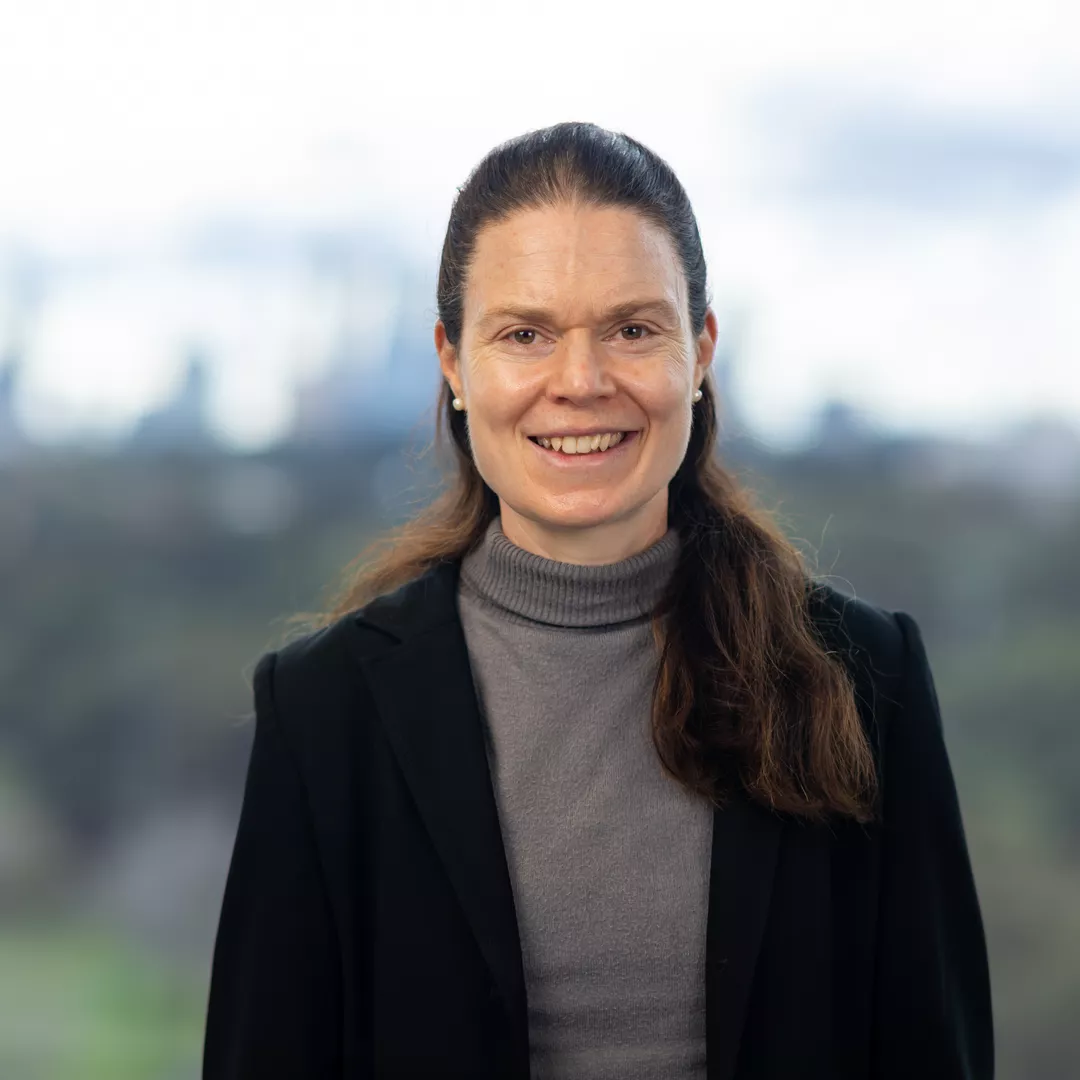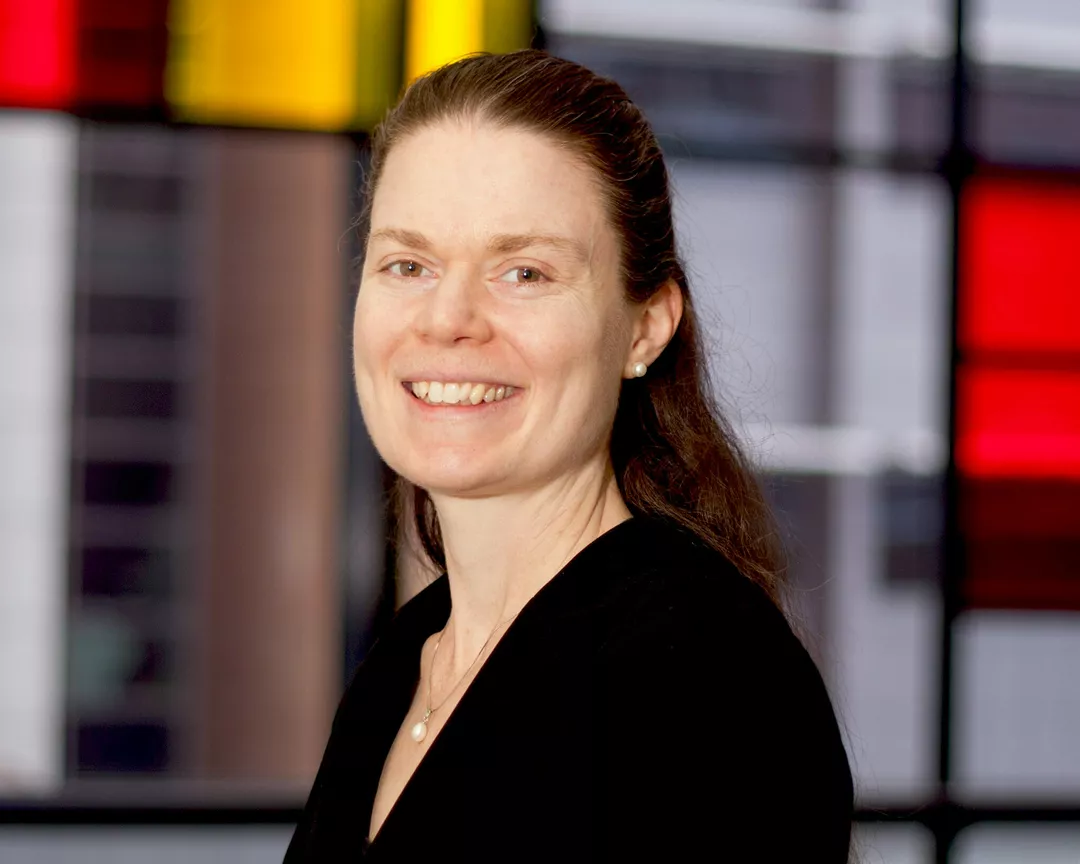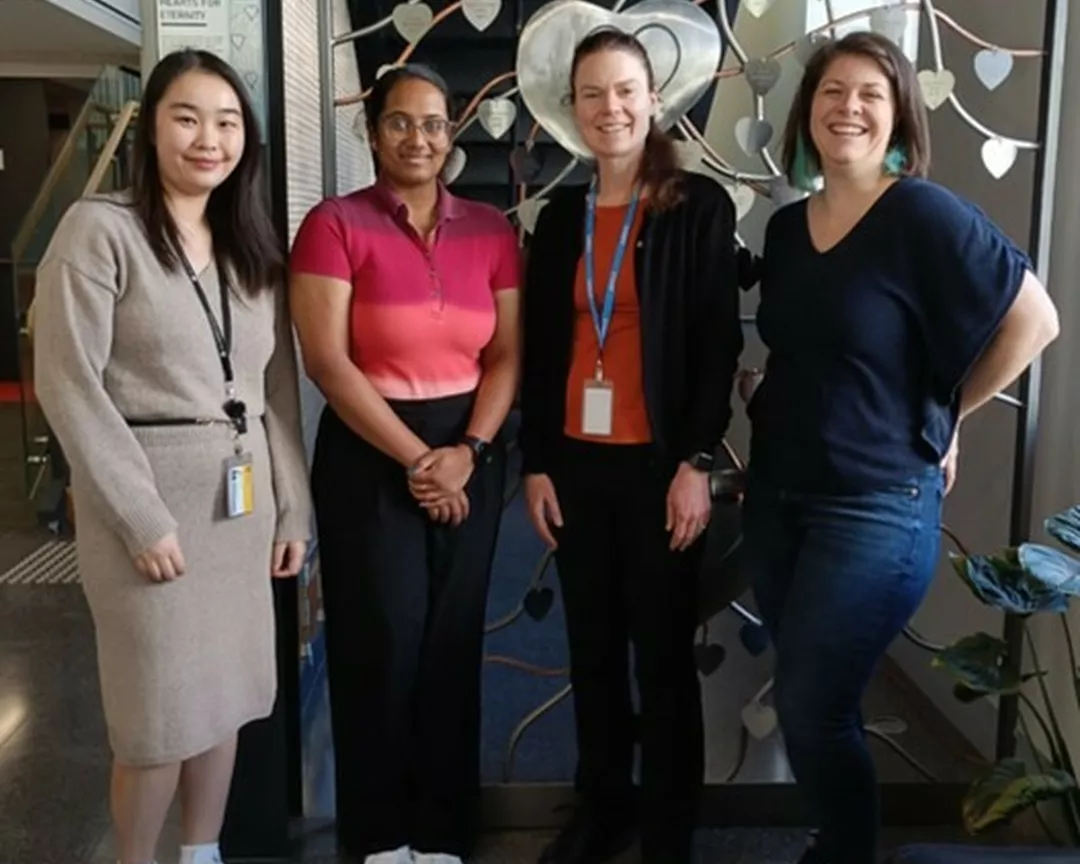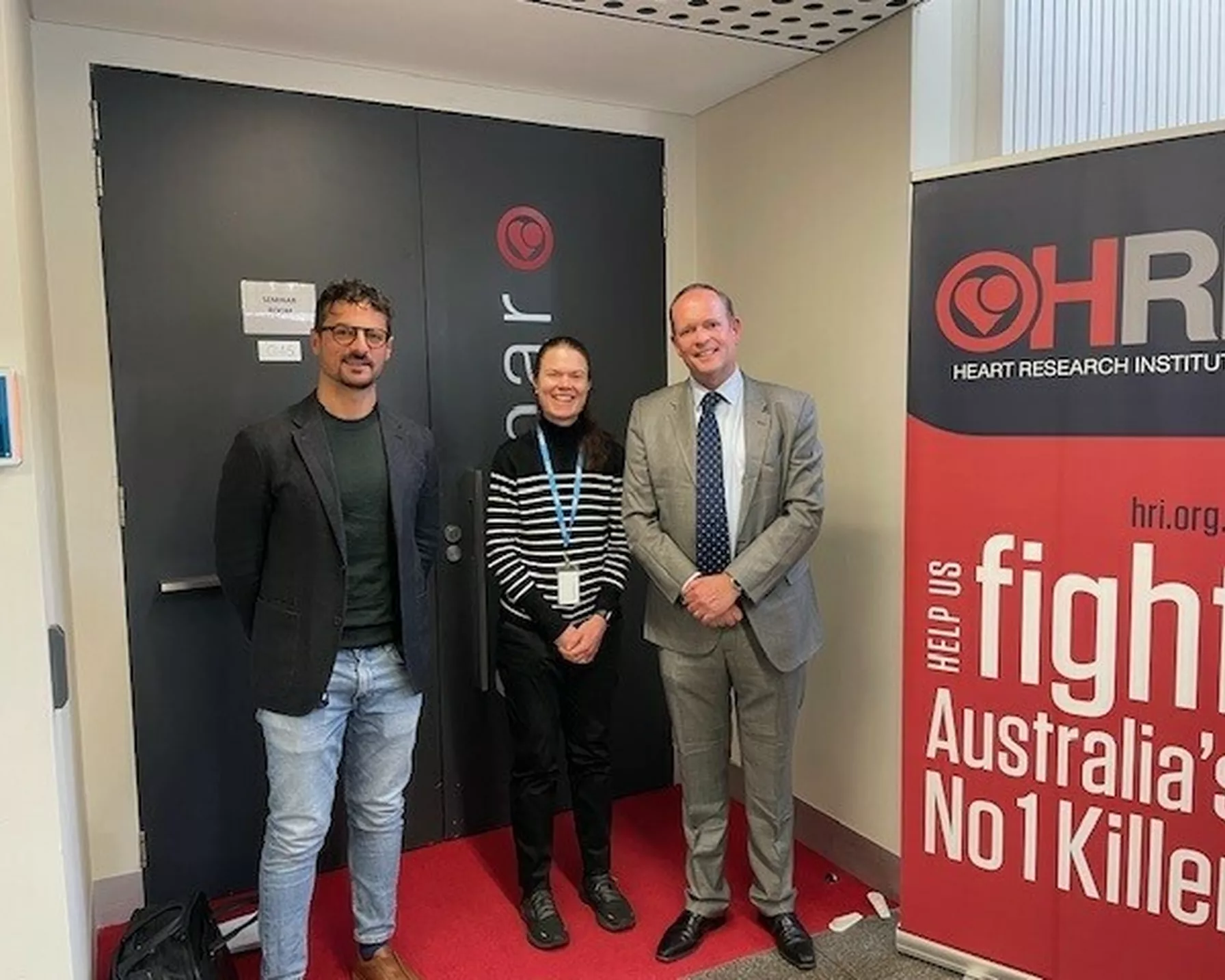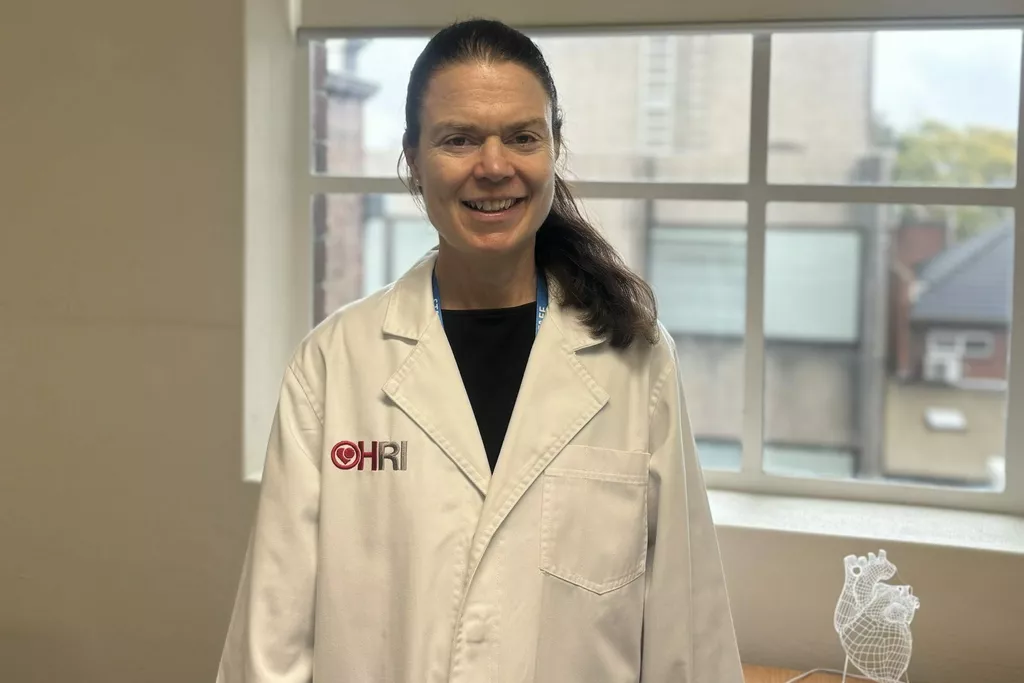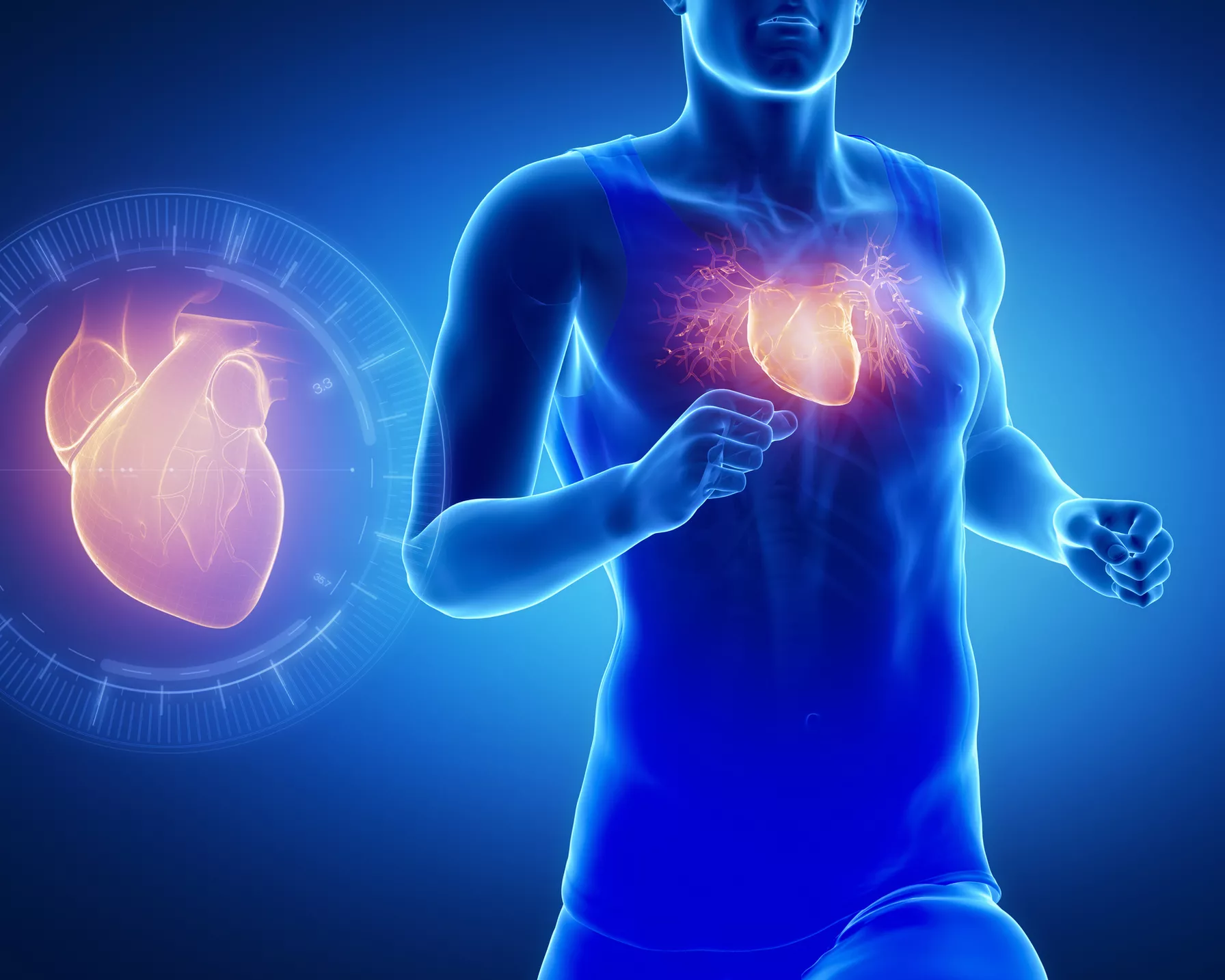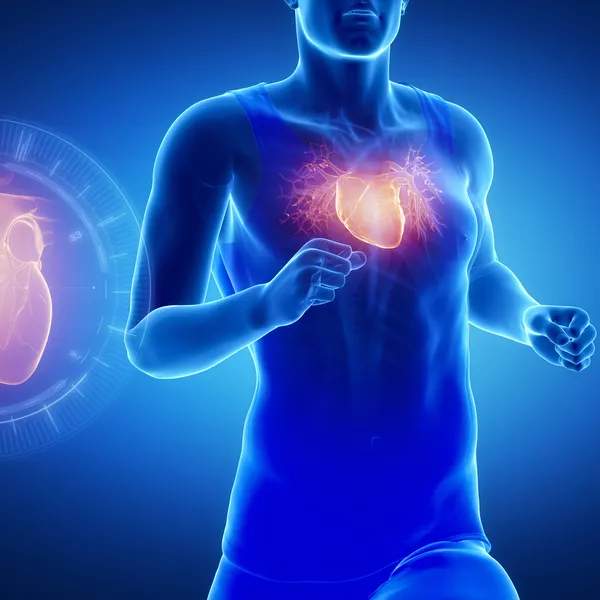
Did you always want a career in science, and how passionate are you about mentoring women in STEMM?
As a child, I was always fascinated by science. I was lucky to have some excellent science teachers, and it was my favourite subject at school.
I did my PhD in a laboratory where I had two female supervisors, and one was the Department Head. On reflection, that significantly impacted me because I never saw the stereotypes of only male professors being in those roles. Being in an environment with strong female leaders, I just thought that was normal. It wasn't until later in my career that I saw the difficulties for females attaining these leadership roles.
I’ve been fortunate to be well supported and offered leadership roles throughout my career. I really hope that women in STEMM see female leaders like myself and others as evidence that anything is possible, and realise that leaders can have different types of traits and personalities.
Mentoring female students and researchers and watching them reach their full potential, is one of the most rewarding aspects of my role.
